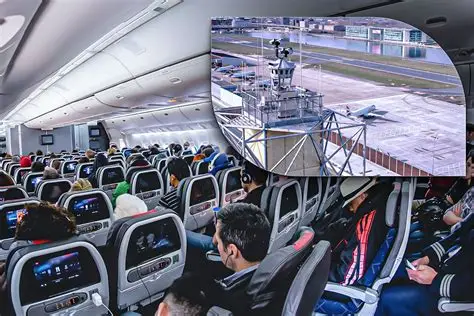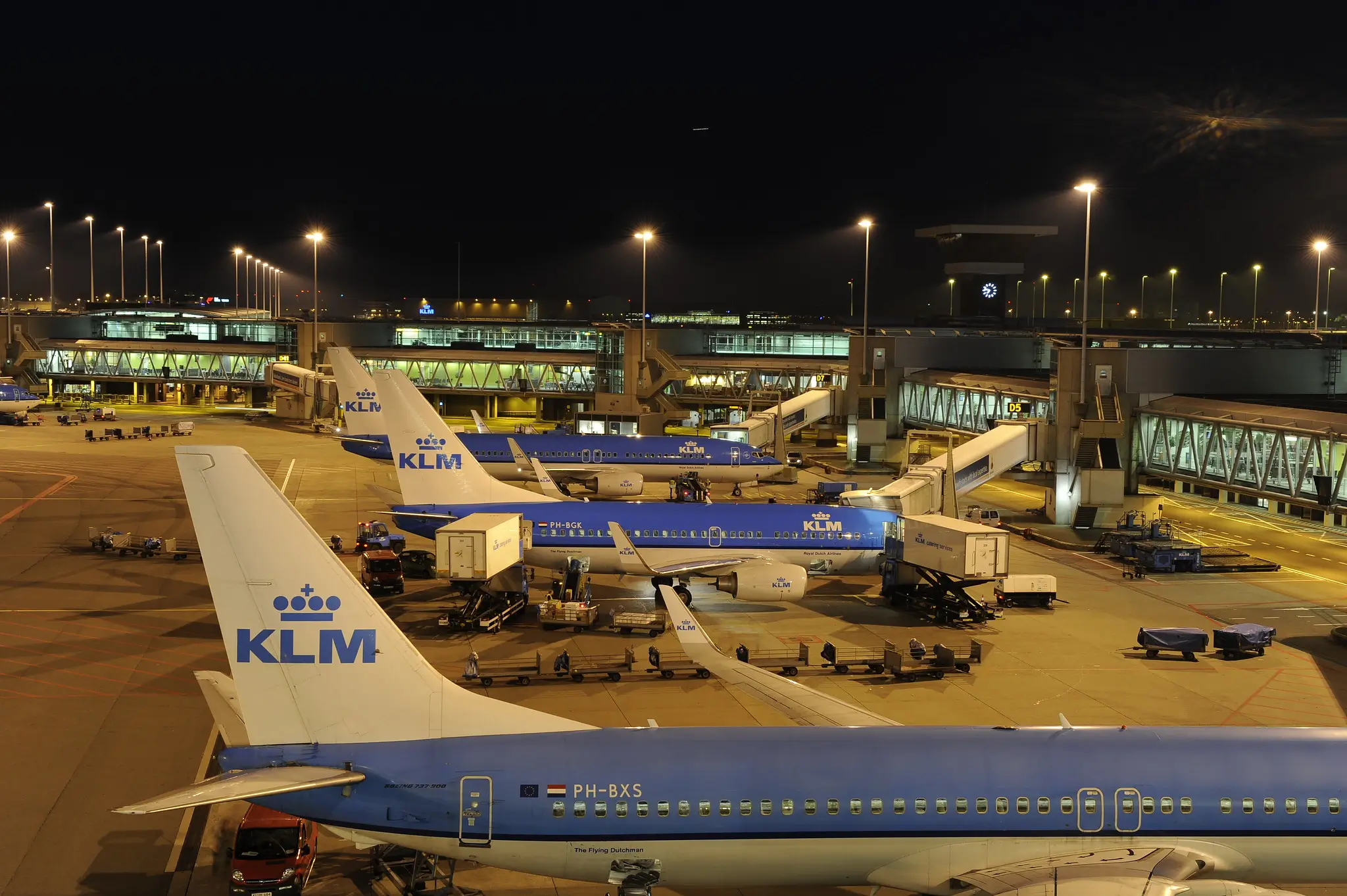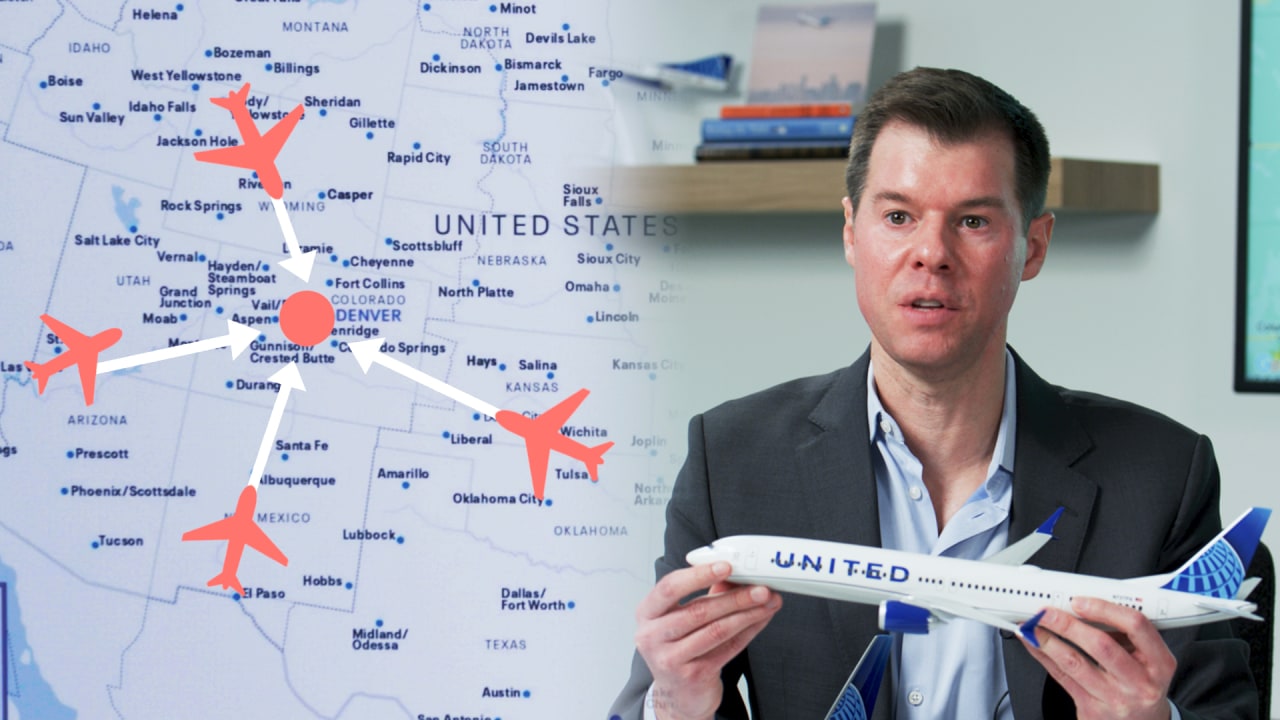Airlines operate in a highly complex environment, where timing is critical. Flight coordination ensures timely operations by managing schedules, resources, and communication between various teams. Efficient coordination minimizes delays, maximizes aircraft utilization, and creates a seamless experience for passengers. Airlines that prioritize flight coordination build a reputation for reliability and professionalism.

Flight coordination ensures timely operations
The Role of Flight Coordination
Flight coordination involves synchronizing multiple aspects of airline operations. Ground staff, air traffic control, cabin crew, and maintenance teams must work together to ensure flights depart and arrive on schedule. Coordinators monitor schedules, adjust for delays, and communicate changes in real-time to avoid disruptions. This orchestration is essential for maintaining efficiency across the airline network.
Example:
A busy airport with multiple connecting flights relies on coordinators to manage gate assignments, crew schedules, and baggage handling, ensuring passengers make their connections smoothly.
Managing Ground Operations
Efficient flight coordination begins on the ground. Check-in, security, baggage handling, and boarding must all align with the flight schedule. Ground coordinators oversee these processes, ensuring staff are ready, equipment is functioning, and passengers are informed. When ground operations run smoothly, flights depart on time and passengers experience minimal stress.
Example:
Automated boarding systems, baggage tracking, and clear signage help ground staff manage large volumes of passengers efficiently, reducing wait times and maintaining punctuality.
Coordination with Cabin Crew and Pilots
Communication between coordinators, cabin crew, and pilots is essential. Flight coordinators provide updates about passenger numbers, special needs, weather conditions, and airspace restrictions. This allows pilots and crew to plan accordingly and deliver a safe, comfortable, and timely flight.
Example:
If weather delays affect a connecting flight, coordinators can inform the crew and passengers in advance, helping adjust plans and prevent further disruptions.
Maintenance and Safety Integration
Aircraft maintenance is another critical component of flight coordination. Coordinators ensure that planes undergo scheduled inspections and any necessary repairs are completed before departure. This integration guarantees that safety is never compromised, while still maintaining on-time operations.
Example:
If a technical issue arises during pre-flight checks, the coordinator arranges for an alternative aircraft or reschedules the flight efficiently, minimizing passenger inconvenience.
Technology in Flight Coordination
Modern airlines rely on technology to streamline flight coordination. Software systems track aircraft, crew schedules, baggage, and flight paths in real-time. These tools allow coordinators to make quick, informed decisions, reducing delays and improving operational efficiency. Technology also enables real-time updates to passengers, enhancing their overall experience.
Example:
A flight-tracking app notifies passengers about boarding times, gate changes, or delays, keeping travelers informed and reducing stress.
Benefits of Effective Flight Coordination
-
On-Time Performance: Efficient coordination keeps flights on schedule.
-
Passenger Satisfaction: Timely operations reduce stress and improve travel experience.
-
Operational Efficiency: Airlines optimize aircraft and crew utilization.
-
Safety Assurance: Coordinated maintenance and communication maintain high safety standards.
-
Brand Reputation: Reliable, punctual flights strengthen airline credibility and trust.
Challenges in Flight Coordination
Coordinators face challenges such as weather disruptions, technical failures, and high passenger volumes. However, proactive planning, real-time monitoring, and clear communication help airlines overcome these challenges and maintain smooth operations. Staff training and technology support are key to addressing unexpected issues efficiently.
Conclusion
In aviation, flight management ensures timely operations by synchronizing ground staff, cabin crew, pilots, and maintenance teams. Efficient coordination reduces delays, improves passenger experience, and maintains high safety standards. Airlines that prioritize flight coordination enhance reliability, strengthen their reputation, and deliver a seamless travel experience that keeps passengers coming back.















